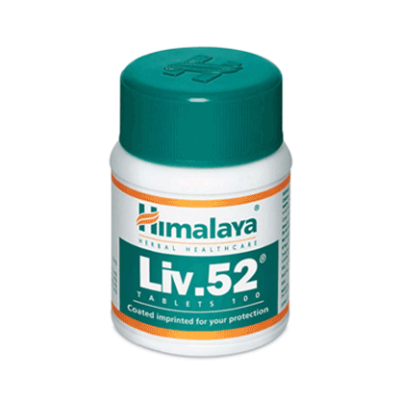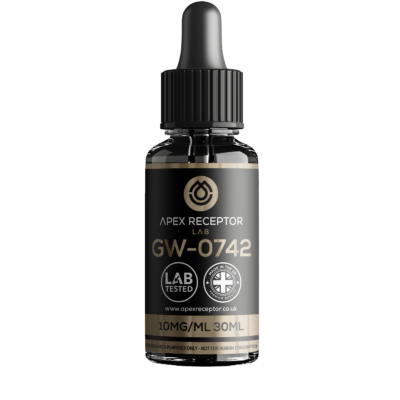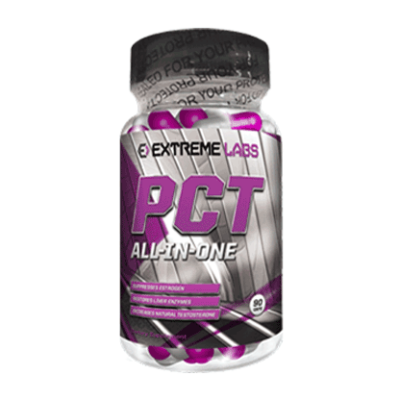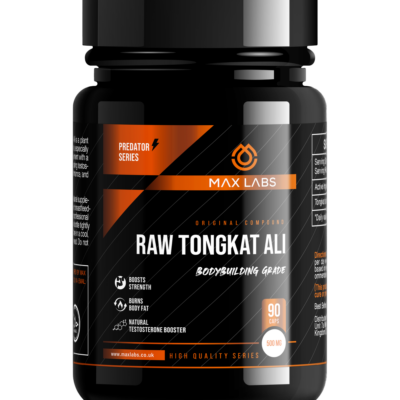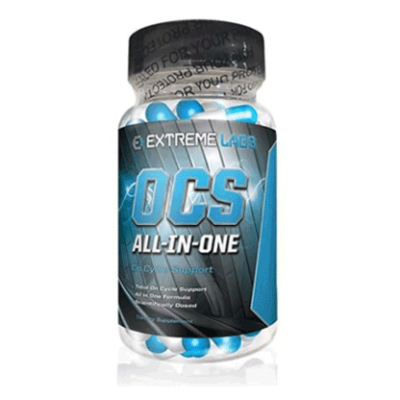In the fitness world, it’s common to hear that building muscle usually requires eating more calories than you burn, known as a calorie surplus. This extra energy is believed to help create new muscle. However, there’s growing interest in the idea that you might be able to gain lean muscle even while eating fewer calories than you burn—a state known as a calorie deficit.
This article will explore how muscle gains can happen in a calorie deficit by balancing calorie intake, losing body fat, and either maintaining or building lean muscle. We’ll cover key strategies, such as adjusting your protein intake to meet the recommended amount per pound or kilogram of body weight, focusing on weight training and resistance exercises, and understanding how your activity level affects your calorie needs.
Managing your calorie balance is essential for achieving your desired body composition. By understanding how calorie intake and expenditure work together, you can work towards muscle growth or prevent muscle loss, even in a calorie deficit.
Join us as we break down the basics of body recomposition and offer practical tips for building or maintaining lean muscle when calories are limited.
Understanding Calorie Deficit and Calorie Surplus
Managing your calorie intake compared to what you burn is crucial in controlling your body weight and composition, a basic principle in nutrition and fitness. Whether you’re aiming to lose fat, build muscle, or keep your current shape, the balance between calories in and calories out plays a crucial role in determining the outcome.
Calories are your body’s primary energy source, powering everything from basic functions to high-intensity workouts. Reaching your fitness goals often comes down to how well you manage this balance, making sure your daily energy needs match up with your health and body goals. Knowing the difference between a calorie surplus vs. deficit is essential for smart nutritional planning and helps you stay on track toward achieving your fitness aspirations.
Calorie Deficit Meaning
A calorie deficit happens when you eat fewer calories than your body needs to maintain your current weight. When this occurs, your body turns to stored energy—mainly body fat—to make up for the difference, leading to weight loss as fat is converted into energy.
If you’re wondering how to lose weight, you can create a calorie deficit through diet, exercise, or a mix of both. It’s important to choose a method that fits your lifestyle and is sustainable for long-term success. Going too extreme with a calorie deficit can result in muscle loss, as your body might start breaking down muscle tissue for energy if there isn’t enough fat to burn.
There’s a common myth that being in a calorie deficit always leads to muscle loss. However, with the right amount of protein and regular resistance training, you can maintain—and even build—muscle while in a calorie deficit. Supplements like MK677 Ibutamoren can also help enhance these efforts, and focusing on strength gains in deficit can keep you progressing. Find out more here: What is MK677?
Calorie Surplus Meaning
On the flip side, a calorie surplus occurs when you consume more calories than your body needs for energy. This state is typically linked to muscle gain, as the extra calories provide the fuel your body needs for muscle repair and growth, especially after weight training or resistance exercises. The idea is that the energy surplus benefits your body by aiding recovery and building new muscle tissue.
However, it’s essential to strike the right balance with a surplus to avoid gaining too much fat, which can happen if your calorie intake far exceeds what you burn. Many bodybuilders and fitness enthusiasts use bulking strategies, including macro cycling for muscle gain and fat loss, to carefully manage this surplus. This approach aims to maximise muscle gain while keeping fat gain to a minimum.
So, do you need to be in a surplus to gain muscle? In short, whether you’re in a calorie deficit or surplus, the key principle of energy balance stays the same. The challenge is learning to apply this principle effectively to support your health and fitness goals, ensuring your optimal calorie intake aligns with your objectives.
Building Muscle in a Calorie Deficit
Building muscle while in a calorie deficit is often considered a tough challenge since the body typically needs extra calories to build muscle efficiently. However, with the right approach, gaining lean muscle while shedding body fat is possible—a process known as body recomposition.
A key factor is maintaining a high-protein diet, which is essential for preserving and growing muscle, even when calories are limited. Generally, it’s recommended to consume between 1.6 and 2.2 grams of protein per kilogram of body weight. This supports muscle tissue and aids in recovery. Eating nutrient-dense foods also ensures your body gets the necessary vitamins and minerals to keep your energy levels up and help with recovery. You can use a body recomp calculator to help work out the ideal calorie needs for your fitness regime.
In addition, incorporating resistance exercises, like cutting phase lifting and energy-efficient training, can encourage muscle growth even in a calorie deficit. It’s important to regularly monitor your progress and adjust your calorie intake and workout intensity to maintain muscle while targeting fat loss. Progressive overload in a cut is crucial to continuing to make gains, even when calories are restricted.
Some people consider using Selective Androgen Receptor Modulators (SARMs), such as the Enhanced Lean Muscle Stack, to help retain and grow muscle during a calorie deficit. If you’re interested in exploring this option, it’s worth looking into the best SARMs for muscle building.
Can You Gain Strength While in a Calorie Deficit?
Gaining strength and building muscle are two different goals. While muscle gains are about increasing the size of muscle tissues, strength gains are more about improving how your muscles and nerves work together. Better coordination of muscle fibres and increased neural efficiency play a big role in strengthening without necessarily adding muscle mass. Using proper technique and form is key to maximising your strength and power, especially during cutting phase strength routines.
When you’re in a calorie deficit, it’s essential to have strategies in place to preserve muscle mass. One of the most important aspects is ensuring adequate protein intake, often recommended in grams per kilogram or pound of body weight. Weight training is also crucial, as resistance exercises help signal your body to maintain muscle, even when calories are low. A strength preservation diet becomes vital in this scenario to maximise performance maintenance.
Keeping track of your strength progress is vital, especially when you’re in a calorie deficit. This allows you to continue applying progressive overload, which is essential for making strength gains and maintaining strength on a diet.
Selective Androgen Receptor Modulators (SARMs) can help maintain strength when restricting calories. SARMs target specific pathways that help preserve muscle and strength. However, they should only be considered part of a well-rounded, healthy lifestyle and training plan. For those interested, learning about maximising SARMs with nutrition can further enhance their effectiveness.
Achieving Muscle Growth in a Caloric Deficit with SARMS
Building muscle while in a calorie deficit can be tough, but it’s definitely possible with the right approach. The key is making sure you’re getting enough protein to support muscle repair and growth. A good guideline is to aim for about 1 gram of protein per pound (or 2.2 grams per kilogram) of body weight each day.
Pairing a high-protein diet with resistance exercises is essential for promoting lean muscle mass, even when you’re consuming fewer calories. Focus on weight training and lifting heavy to stimulate muscle growth and prevent muscle loss, even with a lower calorie intake. The goal is to achieve body recomposition by replacing body fat with muscle, which improves your overall body composition.
SARMs (Selective Androgen Receptor Modulators) can be a helpful tool in supporting muscle growth during a calorie deficit. When combined with proper nutrition and a solid exercise routine, they can enhance muscle gains by targeting specific pathways in the body.
Staying consistent in tracking your calorie intake, adjusting your activity levels, and monitoring your progress is crucial. Since everyone’s body responds differently, it’s essential to personalise your diet and workout plan.
For those looking to maximise muscle gains while in a calorie deficit, consider exploring SARMs carefully. Shop SARMs to discover how they can help you achieve your goals, but remember that they should complement, not replace a well-rounded nutrition and exercise program.



